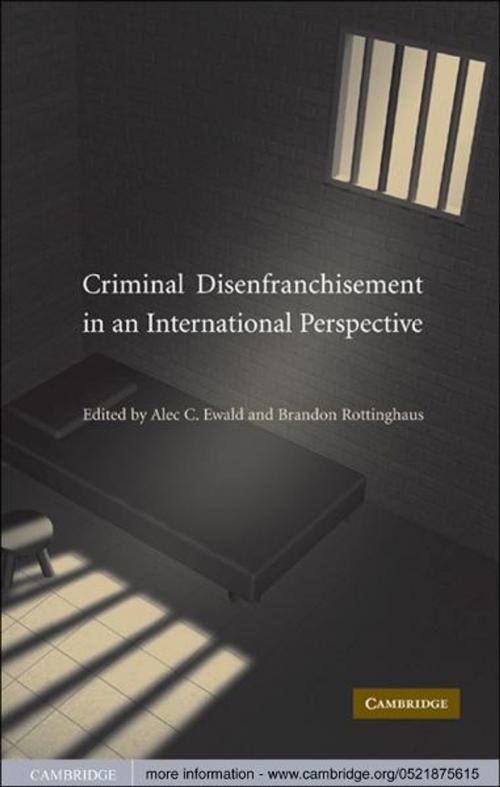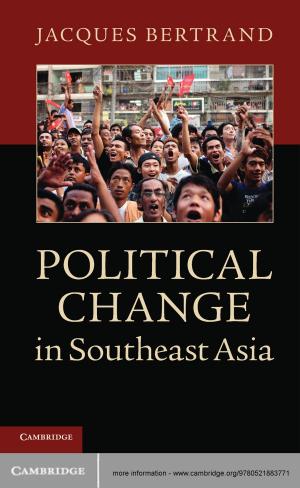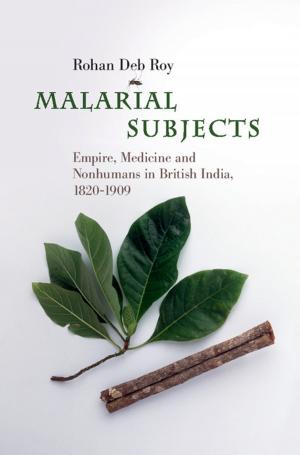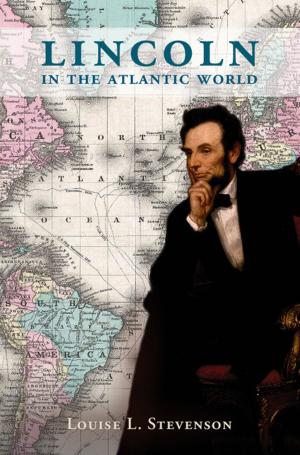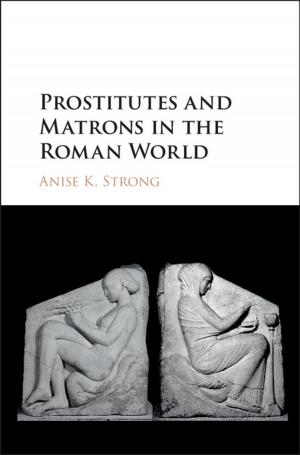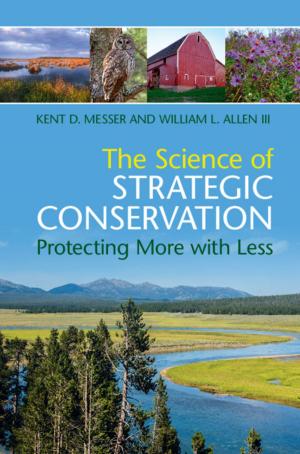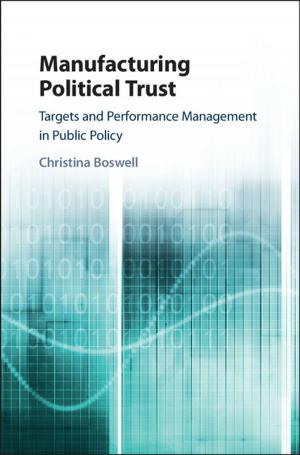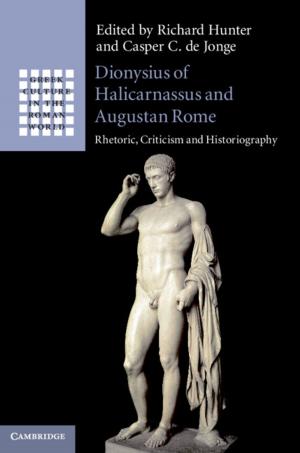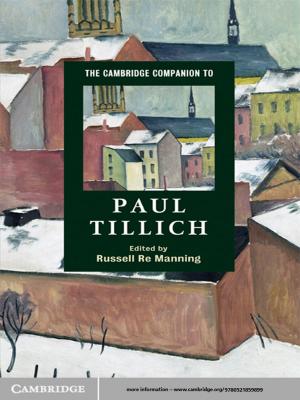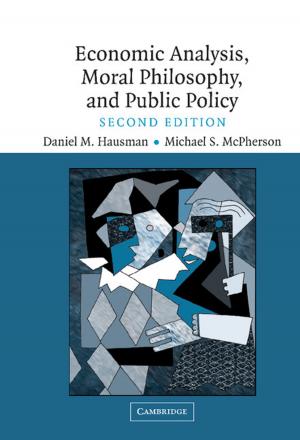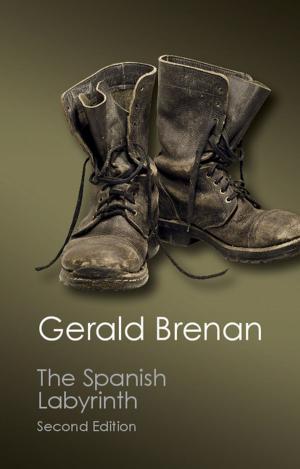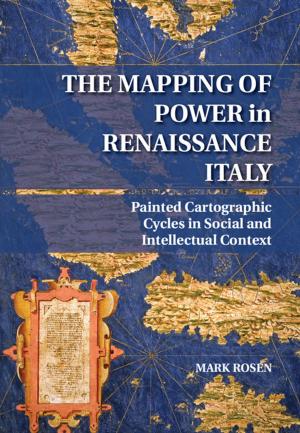Criminal Disenfranchisement in an International Perspective
Nonfiction, Reference & Language, Law, Civil Rights, Social & Cultural Studies, Political Science| Author: | ISBN: | 9780511738753 | |
| Publisher: | Cambridge University Press | Publication: | April 13, 2009 |
| Imprint: | Cambridge University Press | Language: | English |
| Author: | |
| ISBN: | 9780511738753 |
| Publisher: | Cambridge University Press |
| Publication: | April 13, 2009 |
| Imprint: | Cambridge University Press |
| Language: | English |
This collection of original essays by leading scholars and advocates offers the first international examination of the nature, causes, and effects of laws regulating voting by people with criminal convictions. In deciding whether prisoners shall retain the right to vote, a country faces vital questions about democratic self-definition and constitutional values - and, increasingly, about the scope of judicial power. Yet in the rich and growing literature on comparative constitutionalism, relatively little attention has been paid to voting rights and election law. This book begins to fill that gap, by showing how constitutional courts in Israel, Canada, South Africa, and Australia, as well as the European Court of Human Rights, have grappled with these policies in the last decade. Chapters analyze partisan politics, political theory, prison administration, and social values, showing that constitutional law is the fruit of political and historical contingency, not just constitutional texts and formal legal doctrine.
This collection of original essays by leading scholars and advocates offers the first international examination of the nature, causes, and effects of laws regulating voting by people with criminal convictions. In deciding whether prisoners shall retain the right to vote, a country faces vital questions about democratic self-definition and constitutional values - and, increasingly, about the scope of judicial power. Yet in the rich and growing literature on comparative constitutionalism, relatively little attention has been paid to voting rights and election law. This book begins to fill that gap, by showing how constitutional courts in Israel, Canada, South Africa, and Australia, as well as the European Court of Human Rights, have grappled with these policies in the last decade. Chapters analyze partisan politics, political theory, prison administration, and social values, showing that constitutional law is the fruit of political and historical contingency, not just constitutional texts and formal legal doctrine.
